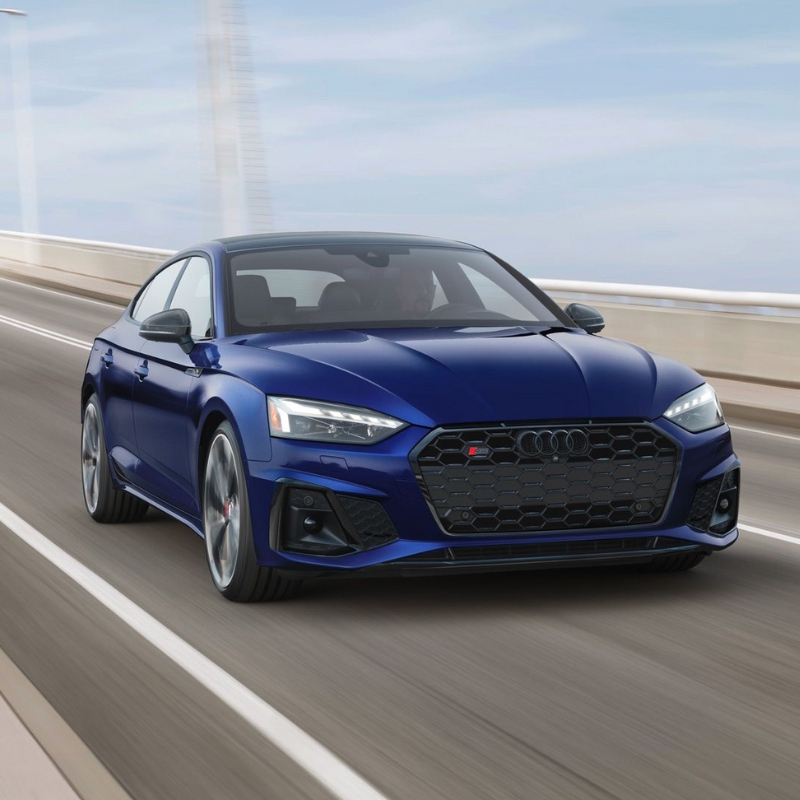What Are Passenger Vehicles and Why Are They Important?
2025-07-16
Passenger Vehicles are motor vehicles designed primarily for the transportation of people rather than goods. They play a crucial role in daily life, enabling personal mobility, commuting, travel, and leisure activities. These vehicles are engineered to provide comfort, safety, and efficiency for passengers.
Common Types of Passenger Vehicles
Sedans: Traditional cars with separate compartments for engine, passengers, and cargo; popular for family and daily use.
Hatchbacks: Compact cars with a rear door that swings upward, providing flexible cargo space.
SUVs (Sport Utility Vehicles): Larger vehicles combining passenger comfort with off-road capability and cargo capacity.
Minivans: Designed for transporting larger groups, with spacious interiors and sliding doors.
Coupes: Two-door cars often styled for sportiness and performance.
Convertibles: Cars with retractable roofs for open-air driving.
Electric Vehicles (EVs): Passenger vehicles powered by electric motors, offering environmentally friendly transportation.
Hybrid Vehicles: Combine internal combustion engines with electric motors for better fuel efficiency.

Key Features of Passenger Vehicles
Seating Capacity: Typically range from 2 to 8 passengers depending on the model.
Safety Systems: Airbags, anti-lock brakes, traction control, and advanced driver-assistance systems (ADAS).
Comfort and Convenience: Climate control, infotainment systems, ergonomic seats.
Fuel Efficiency: Varies widely, with growing emphasis on hybrids and electric models.
Design and Style: A wide range of aesthetics to suit different tastes and needs.
Why Are Passenger Vehicles Important?
Personal Mobility: Provide freedom and flexibility in transportation.
Economic Impact: Enable commuting to work, supporting economic activity.
Social Connectivity: Facilitate family trips, social visits, and leisure.
Technological Advancement: Drive innovation in safety, efficiency, and sustainability.
Trends in Passenger Vehicles
Increasing adoption of electric and hybrid vehicles to reduce emissions.
Growth in autonomous driving technologies for improved safety.
Development of connected car technologies for enhanced user experience.
Rising demand for SUVs and crossovers due to versatility.
Focus on lightweight materials to improve fuel economy.
Conclusion
Passenger vehicles are a vital part of modern life, offering essential transportation tailored to a wide variety of needs and preferences. As technology evolves, passenger vehicles continue to become safer, greener, and more connected, shaping the future of personal mobility.


